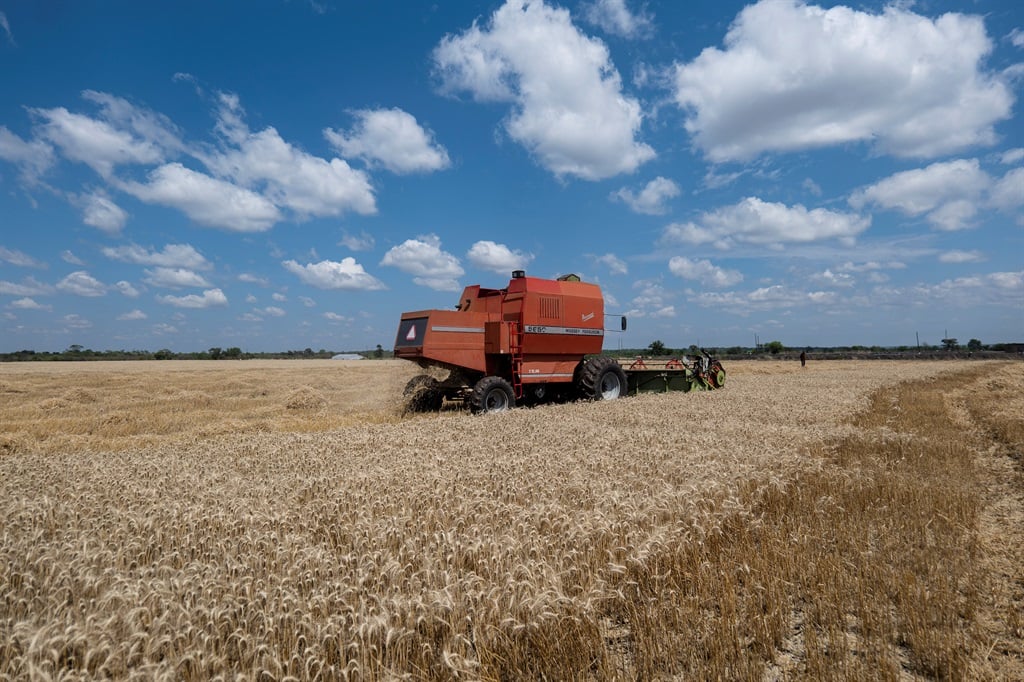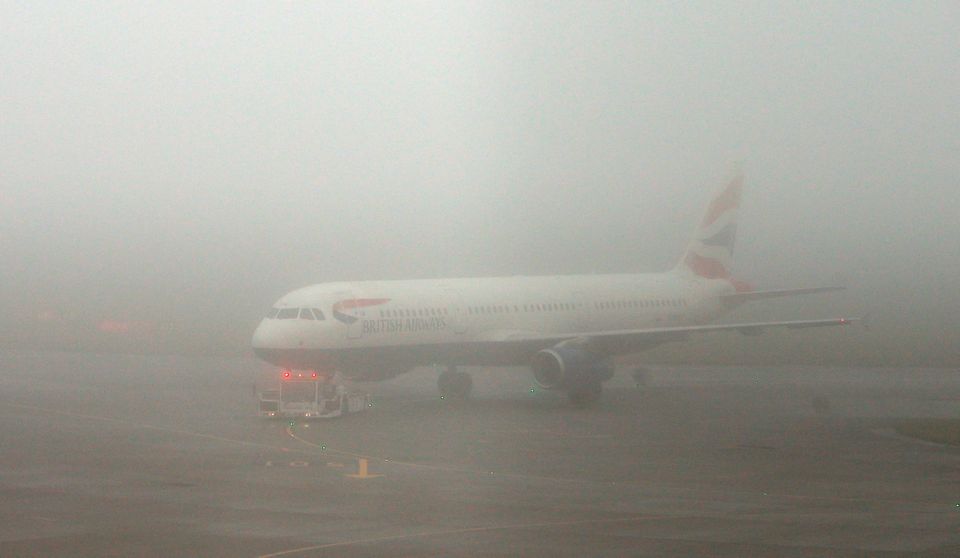In a concerning announcement made on Wednesday, Zimbabwe’s Finance Minister, Mthuli Ncube, revealed that the country’s staple maize harvest is predicted to plummet to 1.1 million tons in 2024. This drastic reduction, attributed to an El Nino-induced drought, highlights an impending grain deficit that poses a significant risk to food security in impoverished households.
With an annual requirement of approximately 1.8 million tons of maize for human consumption, Zimbabwe had projected a maize harvest of 2.3 million tons in 2023. However, the United States Agency for International Development’s Famine Early Warning Systems Network (FEWS NET) has cautioned that governments, donors, and humanitarian organisations should brace themselves for elevated food assistance needs in Zimbabwe, Malawi, Mozambique, and Madagascar throughout 2024 and early 2025, as El Nino disrupts agriculture in these regions.
El Nino, a natural climate phenomenon characterised by unusually warm surface waters in the central and eastern Pacific, leads to global weather pattern alterations. It is expected to severely impact crop yields during the upcoming 2023/24 farming season. Farmers in Zimbabwe, already grappling with frequent droughts alongside a protracted economic crisis, have encountered difficulties in planting the staple grain due to high temperatures and dry conditions associated with El Nino.
According to Zimbabwe’s cabinet, by December 10th, only 95,156 hectares of land had been cultivated with summer crops, primarily grains. This represents a stark decline from the 465,707 hectares planted by the same time last year.
During a World Bank briefing on Zimbabwe’s 2024 economic prospects held in Harare, Minister Ncube projected a 4.9% contraction in the country’s agriculture sector next year due to the El Nino-induced drought. He remarked, “Maize is the most impacted, with estimated output plummeting to 1.1 million metric tonnes.”
Last month, Minister Ncube had already warned that Zimbabwe’s economic growth would decelerate to 3.5% in 2024, aligning with the World Bank’s forecasts, down from 5.5% in 2023. This downward revision is primarily attributable to the adverse effects of the impending drought.
The combination of dwindling maize harvests, a struggling economy, and the potential threat of food insecurity underscores the urgent need for comprehensive measures to mitigate the impact of the impending crisis. The Zimbabwean government, along with international partners, must mobilise resources and support to ensure the availability of adequate food supplies and safeguard the well-being of vulnerable communities.
Source: News24 SA









No comment yet, add your voice below!